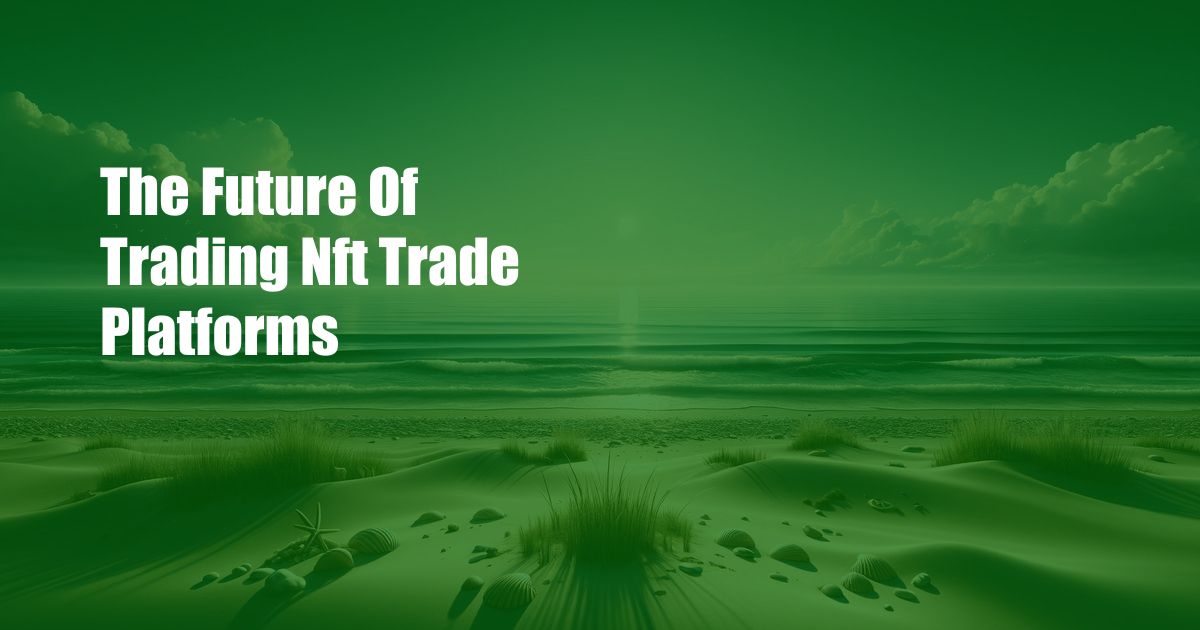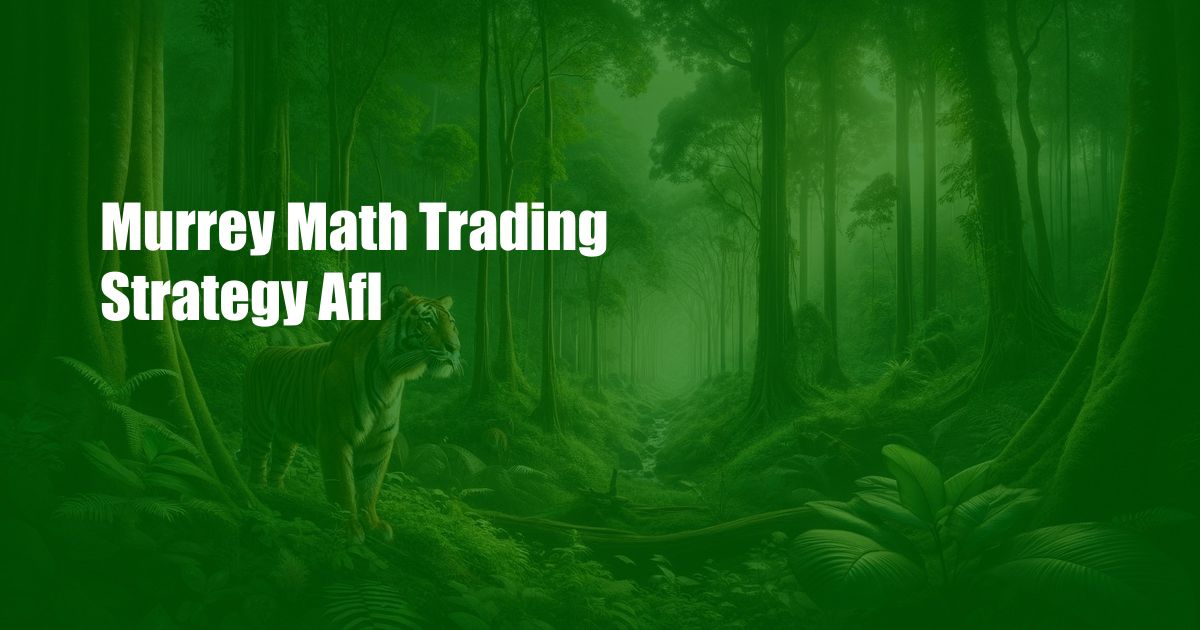
The Future of Trading NFTs On Trade Platforms
In the realm of digital art and collectibles, the emergence of Non-Fungible Tokens (NFTs) has revolutionized the way we trade and own unique digital assets. NFT trade platforms have emerged as pivotal intermediaries, connecting artists, collectors, and enthusiasts within this burgeoning ecosystem. As we delve into the future of NFT trading, it becomes imperative to explore the transformative trends and advancements shaping these platforms and their impact on the art market landscape.
These platforms have evolved into sophisticated marketplaces where NFTs representing digital artwork, music, and other creative endeavors are traded with unprecedented transparency and accessibility. The proliferation of blockchain technology has laid the foundation for secure and verifiable transactions, ensuring the authenticity and provenance of each NFT. This has not only empowered artists to monetize their work directly but also opened up new avenues for collectors to invest in and trade unique digital assets.
Decentralized Platforms: The Future of NFT Trading
One of the most significant trends shaping the future of NFT trade platforms is the rise of decentralized platforms. These platforms are built on blockchain networks, allowing users to trade NFTs without the need for intermediaries. This has several advantages, including reduced transaction fees, increased security, and greater autonomy for users.
Decentralized NFT trade platforms are often powered by smart contracts, which automate the execution of transactions based on predefined conditions. This not only eliminates the risk of fraud and manipulation but also introduces new possibilities for innovative trading mechanisms, such as atomic swaps and peer-to-peer lending.
Artificial Intelligence and Machine Learning in NFT Trading
Artificial Intelligence (AI) and Machine Learning (ML) are rapidly transforming the landscape of NFT trading. AI algorithms can be used to analyze vast amounts of data, including market trends, social media sentiment, and user behavior, to identify potential investment opportunities and guide trading decisions.
ML algorithms can also be used to develop predictive models that can forecast NFT prices based on historical data and market factors. This information can be invaluable to traders looking to maximize their returns and minimize their risks. Additionally, AI can be used to automate trading processes, allowing traders to respond quickly to market movements and capitalize on opportunities.
Tips for Successful NFT Trading
As a seasoned blogger in the NFT space, I have witnessed firsthand the transformative power of these platforms. Based on my experience, here are a few tips to help you succeed in NFT trading:
- Research and Due Diligence: Before investing in any NFT, take the time to research the artist, the project, and the underlying technology. Understand the value proposition of the NFT and the potential for appreciation.
- Diversify Your Portfolio: Don’t put all your eggs in one basket. Diversify your NFT portfolio by investing in a variety of assets from different artists, genres, and platforms.
Remember, NFT trading involves risk, just like any other investment. Always invest what you can afford to lose and be prepared for the possibility of fluctuations in value. By following these tips and staying informed about the latest trends and developments, you can increase your chances of success in the exciting world of NFT trading.
FAQs About NFT Trade Platforms
- Q: What are the benefits of using NFT trade platforms?
A: NFT trade platforms provide transparency, security, accessibility, and a wide selection of NFTs from various creators. - Q: How do I choose the right NFT trade platform?
A: Consider factors such as platform security, transaction fees, user interface, and the availability of NFTs that align with your interests. - Q: What are the tax implications of NFT trading?
A: Tax implications vary depending on your jurisdiction. Consult with a tax professional for guidance on your specific situation. - Q: How can I stay up-to-date with the latest trends in NFT trading?
A: Follow industry news sources, join online communities, and attend industry events to stay informed about new platforms, technologies, and market developments.
Conclusion
The future of NFT trade platforms is bright with the integration of advanced technologies like AI and ML, and the growing popularity of decentralized platforms. These advancements will undoubtedly enhance user experience, trading efficiency, and the overall accessibility of the NFT market. As this exciting industry continues to evolve, collectors, artists, and enthusiasts alike can look forward to new heights of innovation and growth in the world of digital art and collectibles.
Do you find the topic of NFT trade platforms fascinating? Share your thoughts and engage with our community to explore this ever-evolving field further.







